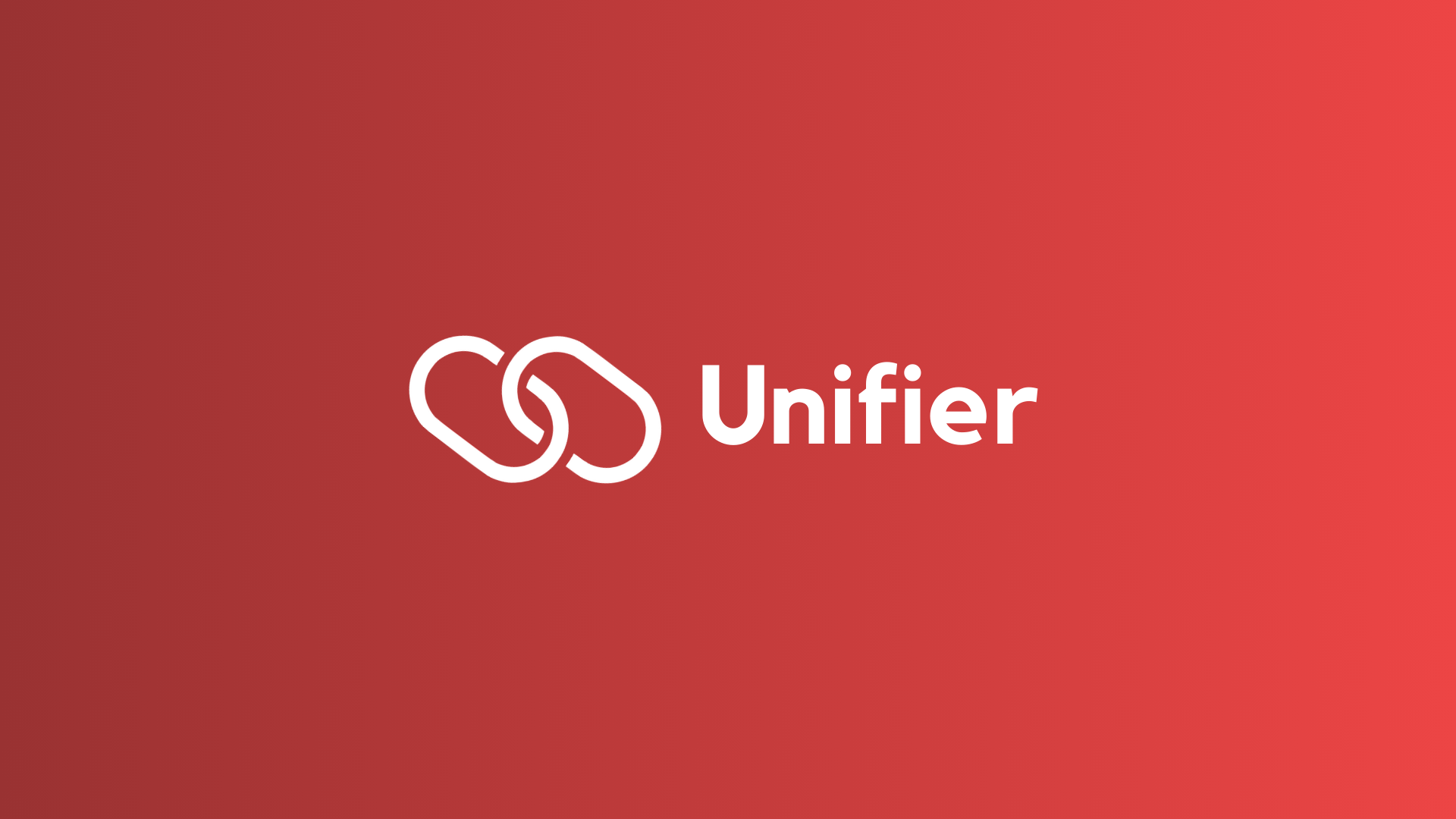Unifier is open source now.
Unify away.
Thanks to our surprisingly more successful than anticipated pilot program we had after open sourcing Unifier Micro, we feel confident in opening up the full version for everyone to see, use, and whatnot.
So what now? Are we done here?
We're definitely not done here!
There's still so many things I want to do for Unifier. It's been my proudest project so far, since I'm actually adding features to the bot that are relevant to solving an existing problem, rather than just adding whatever gimmicks I can think of. This was a big problem with my earlier bots - they had features, but not really a true purpose. It was just some utility and playground bot for me, but nothing more than that.
Like we said once before in our stance on Discord adding advertisements, we understand that our project can be helpful (we never said will) when Discord won't stop taking Ls after Ls, so we want to help as much people as possible from breaking free from the Discord lock-in. We also want to encourage people to get used to Discord alternatives through our project, so when Discord finally does something that breaks the camel's back, there won't be as much friction moving from one platform to another.
So, what version should I use?
Like we said earlier, even if your community is big, we recommend you use Micro first, so you can get a glimpse of what the full version is like and decide if it's right for your server and worth the extra time needed to configure everything. Since Micro is much easier to install, you'll need to spend significantly less time getting things running, making it a good "trial" version.
Also, in case you didn't know, we have config.json and data.json files for bot configuration and data respectively. These files are cross-compatible (for config.json, you may want to copy the values over to the matching keys on Unifier's config template instead), so you can use Micro then switch to Unifier while keeping the freedom to switch right back with minimal friction.
How to install
Unlike Micro, Unifier needs more time to install, but the installation process is quite similar to some extent.
First, you'll need to download the code from the GitHub repository. Then, you can follow the Getting started guide for self-hosted instances to learn how to install and configure Unifier.
FAQs
Why are Revolt and Guilded support not included?
We built Unifier as a way to connect Discord communities to form a more free, open, and federated chatting space than the more restrictive centralized one we used to use. Additionally, Revolt and Guilded support require even more configuration, so we felt like it'd be better to leave them to be installed separately once the hosts are ready to do so.
Can I run modified Unifier?
Of course, as long as you follow the conditions shown in Modding Unifier.
Unifier, just line Micro, is AGPLv3 licensed. Once you modify Unifier's source code, it automatically becomes a derivative work, and you must open source your modded version under the same AGPLv3 license or newer (e.g. AGPLv4, not AGPLv2, GPLv3 or LGPLv3) to stay AGPLv3-compliant. If you cannot accept the conditions of the AGPLv3 license, you may not use Unifier, and you must destroy all copies of the software. (This is not a threat by the way, we literally can't give you a license if you can't accept the conditions.)
Do note that some of Unifier's code is MIT licensed, as those parts have been based on another MIT licensed work. You can find more info about these external licenses in the EXTERNAL_LICENSES.txt file.
For MIT licensed parts, the MIT license conditions apply, not AGPLv3 conditions. However, as the final work is AGPLv3, any modifications made to these parts (unless taken then modified in a completely different project, in this case MIT license conditions apply) should still be open sourced.
What is unifier-version for?
It's just some repository containing release metadata so Unifier Upgrader can know if there's been a new update. You don't really need to learn what those files are, since Upgrader already understands everything it needs to.
Can I make a one-time participation towards Unifier development?
Of course! Just fork the repository, make your changes in there, then make a pull request to merge your fork with the upstream repository.
Do note that we reserve the rights to accept or reject your changes at any time without prior notice. You might want to check the contributing guidelines (CONTRIBUTING.md) of the repository before you make a contribution, so you know what and what not to do.
Either way, we thank you for your contributions towards Unifier!
Can you host a Unifier instance for us?
No, but you can check out free hosts like SneakyHub to host your instance. We provide a guide for hosts like these (specifically, those that use Pterodactyl panel).
Thank you for supporting us so far!
Open sourcing Unifier kind of feels like we're ending season one of Unifier lore, and we're starting an open source season two. Thank you for supporting us so far, and we hope you will continue to support us as we enter this new chapter!
Last updated
